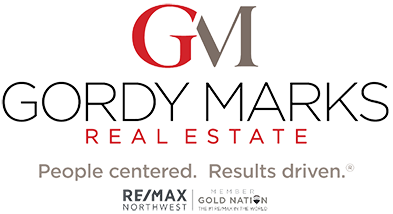
Purchasing a home can be an exciting yet intimidating process for many home-buyers. Fortunately, Veterans Affairs loans – commonly known as VA loans – make the home-buying experience easy for those who have served or are currently serving in the military.
Types of Loans
Private lenders, such as banks and mortgage companies, issue VA loans. VA loans provide many benefits not common to traditional loans and have their own unique set of rules. First, Veterans Affairs loans do not require a down payment. Conventional loans usually require at least a five percent down payment. A loan that requires no down payment saves buyers from having to wait for months or even years to come up with a down payment before they are ready to buy a home. Veterans Affairs loans also carry less stringent qualifications. As opposed to traditional loans, these loans are backed by the government, making qualifying for a loan easier. Finally, Veterans Affairs loans do not require private mortgage insurance, which allows buyers to save thousands of dollars over the course of the loan.
How Much House Can You Afford?
In addition to choosing a loan, it is important to make sure that the home you choose is one you can afford. Most real estate experts suggest a homebuyer should not be spending more than twenty-eight percent of his or her pre-tax income on a mortgage payment, including taxes and insurance. However, it is important to consider income, existing debt, down payment and additional housing costs, such as HOA fees.
Eligibility Requirements
To qualify for a Veterans Affairs loan, a person must be a veteran, an active military member, a reservist or part of the National Guard. Prospective loan borrowers are required to acquire a Certificate of Eligibility (COE) to begin the mortgage process; however, many lenders can get the COE for borrowers during the preapproval process.
Get Pre Approval
Once you have confirmed your eligibility for a Veterans Affairs loan, the next important step is pre-approval. This is the process by which lenders will verify your financial information to understand your buying potential better. Once you have been pre-approved, you will receive an official letter showing real estate agents and home sellers that you are a qualified homebuyer.
Find a Real Estate Agent
Finally, choose a real estate agent who is familiar with the details of Veteran Affairs loans and benefits. Your real estate agent should also have an expert familiarity with the area in which you want to move and a wide range of quality listings to choose from.
